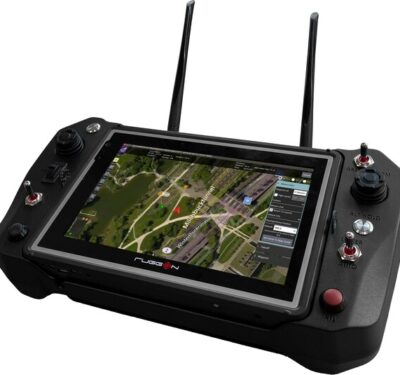The International Atomic Energy Agency (IAEA) has launched a new research project dedicated to uncrewed systems technology (UxS). It will explore the benefits and challenges of UxS technology in the area of nuclear security, and include uncrewed aerial, ground and marine-based vehicles.

“The collection of projects under this coordinated research project (CRP) will offer actionable insights and strategies to fortify the global nuclear security framework,” said Elena Buglova, Director of the IAEA’s Division of Nuclear Security, adding that “a comprehensive analysis of the evolving technological landscape, and specifically of the use of uncrewed systems technology for nuclear security purposes, is vital.”
Further research into the complex interplay between uncrewed systems and nuclear security is relevant both for facilities and for the detection of nuclear and other radioactive material out of regulatory control.
“We expect that the CRP outcomes will contribute to the development of new nuclear security guidance in this specific area of work, and support the IAEA’s on-going efforts for international cooperation in addressing the implications — both in terms of threats and opportunities — of uncrewed aerial, ground, and marine-based systems for nuclear security,” she further underscored.
CRP objective and expected outcomes
During a three-year period, the CRP on Nuclear Security Implications of Uncrewed Aerial, Ground, and Maritime Systems will seek to comprehensively evaluate and enhance global efforts regarding both the operational benefits presented and evolving threats posed by UxS in the context of nuclear security.
This involves a multifaceted approach which includes the development of policy and regulatory frameworks, the exploration of uncrewed aerial systems and uncrewed system capabilities, the formulation of deterrence-detection-response strategies, improving risk assessment and modeling techniques, journal articles and materials, collaborative mechanisms and information-sharing platforms.
Among the expected outcomes are research reports and publications on the topic, policy guidelines, risk assessment models and international collaboration initiatives.






